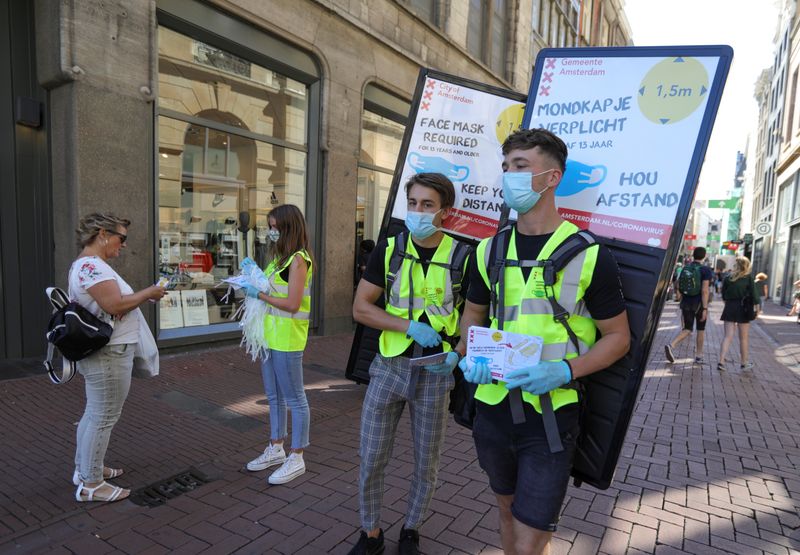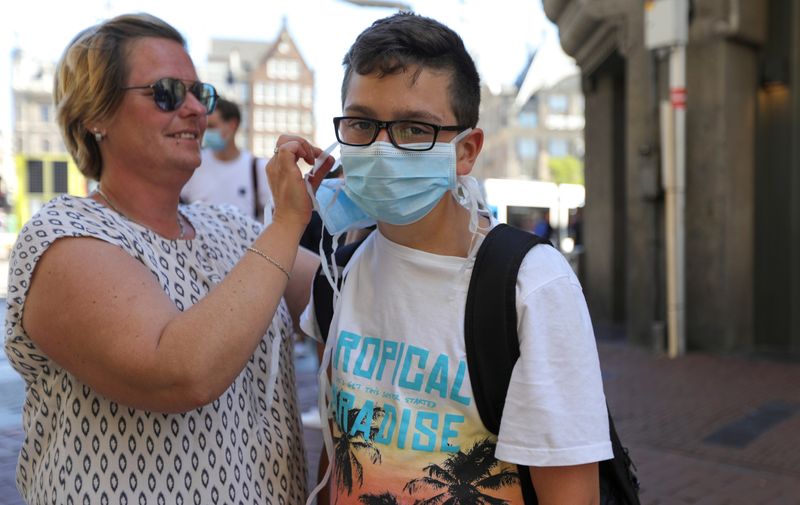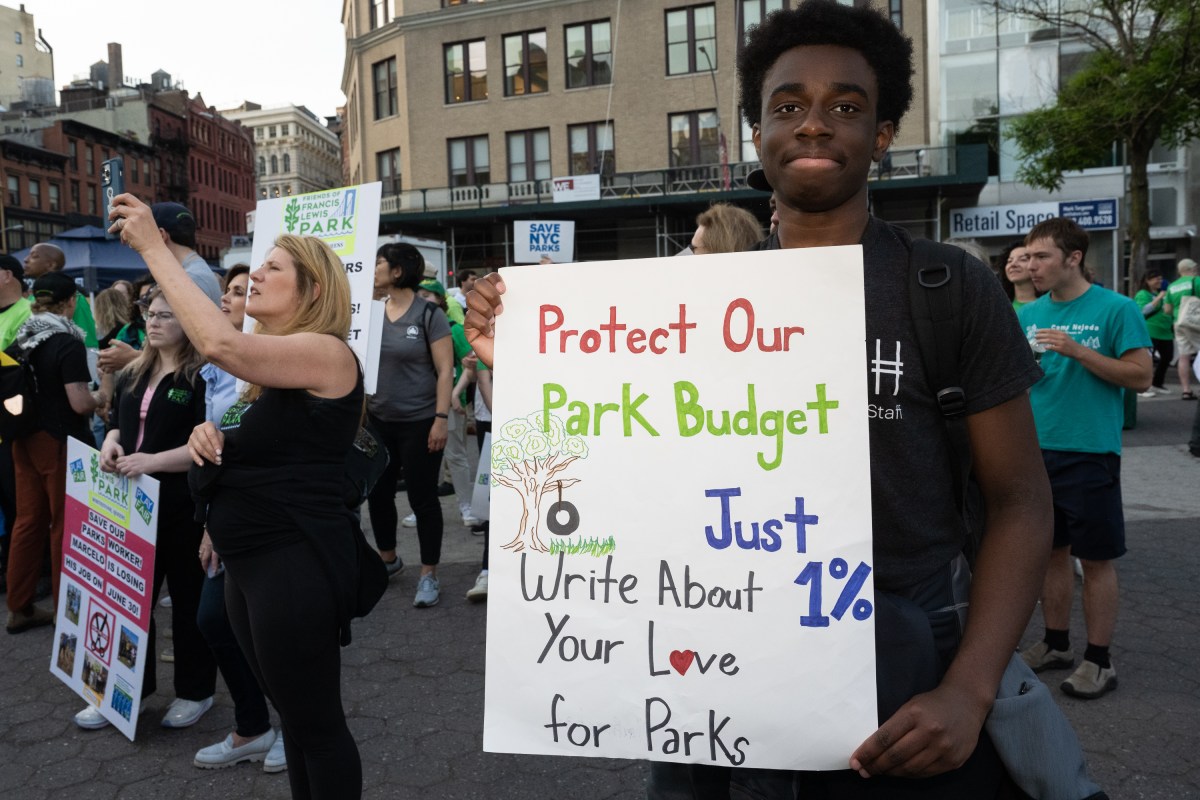AMSTERDAM (Reuters) – Municipal health authorities in the Netherlands warned on Thursday that people seeking COVID-19 tests may have to wait as demand is outpacing supply following a surge in cases.
Although the national government has promised that anyone in the country who wants to be tested can be, the umbrella group of regional and municipal authorities (GGD) tasked with conducting tests said laboratories were operating at maximum capacity.
“At this moment demand is outstripping supply,” it said in a statement. “Therefore people with health complaints must sometimes request a test multiple times, which leads to understandable frustration and taxes our phone lines and website.”
The National Institute for Health (RIVM) reported on Tuesday that new cases had risen by 50% to 5,427 in the previous week, their highest level since late April.
Axel Dees, a spokesman for the Health Ministry, said the government was trying to procure more laboratory supplies despite their global scarcity and looking at ways to use current supplies more efficiently to resolve the bottleneck.
“But that will take some time and it’s going to remain very busy for a number of weeks, and for some people, they’ll have to wait longer,” Dees said. “It’s frustrating, but that’s the way it is.”
The RIVM said on Tuesday the rise in case numbers was not tied to the reopening of primary schools in the country over the past three weeks. Dutch national policy does not mandate the use of protective face masks except on public transportation.
Newspaper Trouw reported on Thursday that a number of Dutch elementary schools had begun buying commercial COVID-19 test kits to prevent having to close because of possible cases that cannot be quickly tested.
Dees said the government discouraged the use of private tests, citing their unreliability.
(Reporting by Toby Sterling, Editing by Timothy Heritage)


















